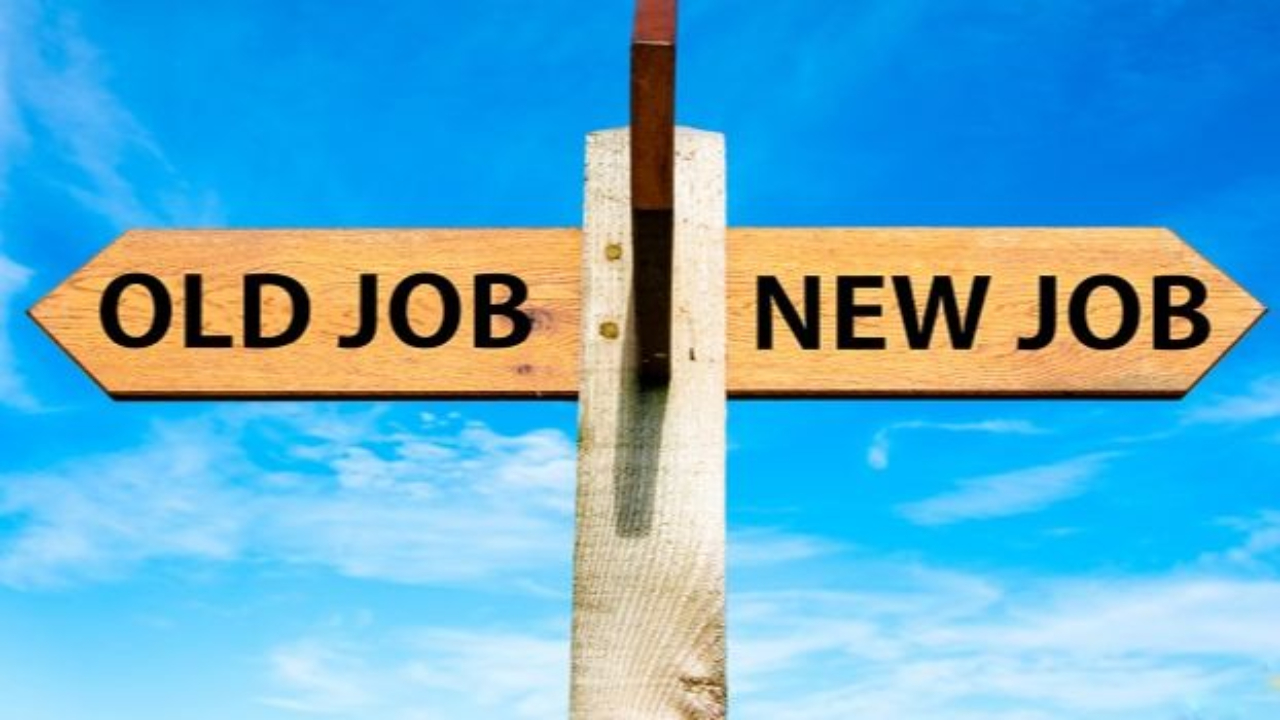Tackling Common 401(k) and IRA Questions: Part I
Feb 14, 2023
Sometimes reviewing the fundamentals of saving and investing is helpful to keep long-term plans in perspective. I routinely get asked to opine on the state of the retirement landscape, and what makes that challenging is that the ground is always shifting under our feet. Each year there are new 401(k) and IRA contribution limits, possible tweaks to the tax code, and of course (what matters most) changing life circumstances of clients can often cause folks to rethink their strategy.
Let’s begin with a timely topic: the so-called “Great Resignation.” It was recently reported by The Wall Street Journal that there is a stealth movement of ‘quiet quitters.’ In short, people who work from home, often young millennials and Gen Z, would rather just skirt by rather than give it their all at the virtual workplace. It is part of a broader trend of prioritizing life ahead of work. While I can appreciate the desire to not let a job be the end-all-be-all, young people must earn income to save for the future. What is perhaps not thought about much among newer entrants into the workforce is their employer-sponsored retirement plans.
That brings us to question 1: Is it better to just leave your old 401(k) as is or take it with you? And if you do move it, where should it go?
You always want to take your workplace retirement account with you. And it’s ideal to perform an IRA rollover whereby you take the old 401(k) account to a low-cost brokerage firm and put it in a no-fee IRA. That way you have many inexpensive investment options. 401(k) plans tend to have a limited fund lineup with sometimes high fees. Moreover, your old 401(k) provider might charge you an annual maintenance fee just to have an account. Fees today deduct from your retirement tomorrow!
Question 2: What questions should interviewees ask about a prospective employer’s retirement plan benefits?
If those quiet quitters indeed lose a job and find more fulfilling work, then it’s helpful to know the ins and outs of the new company’s benefits structure. First, an interviewee should inquire about the firm’s 401(k) plan match. While you don’t want to ask this right out of the gate during the first interview, you owe it to yourself to know all the details of a potential job offer – including the benefits package.
With the plan matching contribution, some employers contribute a set amount regardless of what the worker puts in. Other companies only pitch in on a matching basis up to a specific percentage (the most common is a 50% match up to 6% of an employee’s contribution). But what is most important is that you max out the match! It’s FREE money. You can also think of it like a guaranteed return on your investment.
Other questions you must pose to the employers include specifics about the match like if it comes in the form of cash or stock and when the money becomes “vested.” That’s a term describing when the money becomes yours if and when you leave the company. Non-vested amounts revert to the employer. That is definitely something the silent quitters must weigh.
That’s not all. Prospective employees must find out about “in-service” distributions and loan options. A 401(k) loan is actually not that bad of an emergency fund option depending on your situation. Since every plan has its own rules, you want to be sure you understand how yours works. Another often overlooked circumstance that could make sense for young people is tapping a 401(k) (without penalty) for a first-time home purchase.
A third question to throw at a new employer is: Does the company offer a Roth 401(k) option and/or non-deductible contributions?
This is important because for many folks, particularly those just starting their careers, contributing money on an after-tax basis can make sense to lock-in a low tax rate today and avoid paying taxes later in life when your tax bracket might be higher. In general, the lower your marginal tax rate, the more you want to sock away money in an after-tax or Roth account.
At Yields4U, we help individuals and families plan for the future so that financial goals can be achieved. That includes making the most of your benefits package at work. Never feel awkward or intimidated about probing your employer about all benefits owed to you and your loved ones. Knowing your benefits book and how to rightfully take advantage of your benefits can help instill confidence and security about your future. We’ll address a few more questions next time. Stay tuned!
Had a Change in Jobs? DOWNLOAD Our Checklist! Don't Miss out on important benefits and opportunities.
>> DOWNLOAD THE JOB CHANGE CHECKLIST <<
Have Questions? Get the answers you need.


